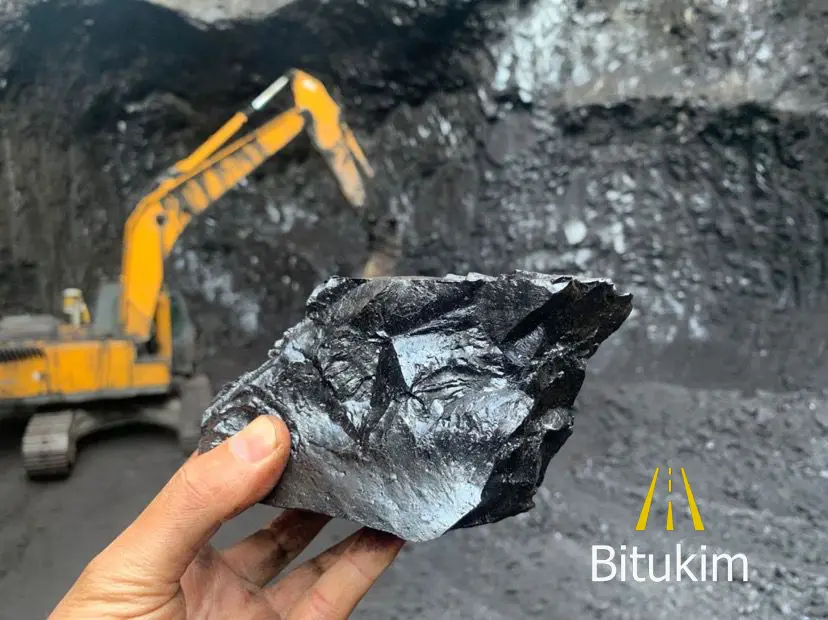
Benefits of Gilsonite in shale drilling, Gilsonite offers several benefits in shale drilling, addressing common challenges associated with drilling through shale formations. Here are the key advantages of using Gilsonite in shale drilling:
Benefits of Gilsonite in Shale Drilling:
- Enhanced Shale Stability:
- Sealing and Stabilization: Gilsonite helps stabilize shale formations by sealing micro-fractures and pores, reducing fluid invasion, and preventing shale from swelling or disintegrating. This improves wellbore stability and reduces the risk of collapse.
- Reduced Fluid Loss:
- Lost Circulation Control: Gilsonite acts as a lost circulation material (LCM), minimizing the loss of drilling fluids into the formation. This is crucial for maintaining the pressure balance and preventing excessive fluid loss, which can lead to increased drilling costs and operational challenges.
- Inhibition of Swelling and Disintegration:
- Water Sensitivity Management: Shale formations often contain water-sensitive clays that swell when exposed to water. Gilsonite’s impermeable barrier reduces the interaction between these clays and drilling fluids, thereby inhibiting swelling and maintaining formation integrity.
- Improved Lubricity and Drilling Efficiency:
- Reduced Torque and Drag: Gilsonite provides natural lubricating properties that reduce friction between the drill string and the wellbore, leading to smoother drilling operations and reduced torque and drag.
- Enhanced Mud Rheology:
- Improved Fluid Properties: Gilsonite enhances the rheological properties of drilling muds, improving their ability to transport cuttings, maintain wellbore stability, and control mud weight. This contributes to more efficient and effective drilling operations.
- Thermal Stability:
- High-Temperature Performance: Gilsonite remains stable at high temperatures, making it suitable for use in deep wells or high-temperature formations where other additives might degrade. This ensures consistent performance in challenging drilling environments.
- Minimized Shale Sloughing:
- Reduced Formation Disintegration: By stabilizing the shale and preventing fluid invasion, Gilsonite helps reduce the occurrence of shale sloughing, where pieces of the shale break off and fall into the wellbore, leading to smoother drilling and fewer interruptions.
- Versatility with Mud Systems:
- Compatibility: Gilsonite can be used in both water-based and oil-based mud systems, offering flexibility in various drilling conditions and environments. This makes it a versatile additive for different types of shale formations.
- Cost Savings:
- Operational Efficiency: By addressing common issues such as fluid loss, shale instability, and excessive torque, Gilsonite helps reduce drilling costs and improve overall operational efficiency. This can result in significant savings by avoiding costly remedial measures and reducing non-productive time (NPT).
- Improved Wellbore Integrity:
- Long-Term Benefits: Gilsonite contributes to maintaining a stable and high-quality wellbore, which is crucial for the long-term success and safety of the well. It helps in achieving better well control and minimizing the risk of formation damage.
Applications:
- Reactive and Unstable Shales: Gilsonite is particularly effective in drilling operations involving reactive or unstable shales that are prone to swelling and disintegration.
- High-Pressure, High-Temperature Wells: Its thermal stability and sealing properties make it suitable for challenging environments such as HPHT wells.
In summary, Gilsonite provides a range of benefits for shale drilling, including enhanced formation stability, reduced fluid loss, improved lubrication, and cost savings. These advantages make it a valuable additive for managing the complexities and challenges associated with drilling through shale formations.

